Jun 08, 2015
By: Carlie Congdon, Associate Program Director
This summer, I have the privilege of participating in Summit to See the END with Kathy Spahn, CEO of Helen Keller International (HKI). Though it will be a challenge for us all, I know that if she brings the same determination to Mt. Kilimanjaro as she has to the fight against neglected tropical diseases (NTDs), there is no doubt we will make our way to the top. In a recent blog, she perfectly encompasses the need for NTD partnerships and I am thankful to be embarking on this adventure with such wonderful and dedicated individuals.
By: Kathy Spahn, CEO, HKI
I have never been one to shy away from challenges. Whether taking the train into New York City by myself as a young teen, or abandoning a career in the arts to get involved in the HIV/AIDS crisis, or taking the helm of one of the oldest NGOs in the US.
This July, I’ll be taking on another challenge – a physical one. I’m joining the END Fund on its Summit to See the END climb of Mount Kilimanjaro to raise awareness and funds to help eliminate NTDs, which can cause blindness, pain, disability and malnutrition. They infect one in six people– yet they are preventable and treatable!
HKI and the END Fund have forged a strong partnership over the years. Together, we have worked in countries like Mali and Niger where we have provided essential surgery to people suffering from some of the most advanced and disabling symptoms of lymphatic filariasis and restored people’s sight through simple 15-minute procedures.
It is collaborations such as those between HKI and the END Fund that will help ensure that we see an end to these debilitating diseases within our lifetime. During my 10-year career at HKI I have met hundreds of individuals living with NTDs. It is their stories that will inspire me and keep me focused on my climb.
Women like Katialou, who lives in Tanzania in the shadow of the mountain I will face. Living with trichiasis (the blinding stage of trachoma), she relied on her youngest son to pluck her eyelashes out to help manage the pain. Entirely dependent on her family, she described her life with trachoma as a living death.
And Hannah in the Democratic Republic of Congo, who was unable to walk because of advanced lymphatic filariasis. She lived with the painful, elephant-like swelling of her leg for nearly 20 years. Some in her village labeled her a monster, afraid they will catch her “big foot,” though it is not contagious.
They are men like Aloumbé, a truck driver in Cameroon whose vision loss from onchocerciasis, or river blindness, forced him to give up his business, leaving him unable to support his family. He was unable to pass the business on to his son André Marie, who was also starting to develop onchocerciasis.
And they are children, like Munineath, a 10 year old girl in Cambodia, made so weak from intestinal worms that she was forced to miss school.
Thankfully, each person found the help they needed through Helen Keller International programs, which deliver prevention and treatment to more than 85 million people each year.
We were able to reach Katialou with the surgery she had been praying for, and Hannah, Aloumbé, and André Marie with medications. We introduced a national School Health Curriculum in schools like Munineath’s, as well as regular doses of deworming medication.
We are working with partners like the END Fund to reach even more, so that these scourges will be reduced to just things children hear about in stories.
So as I prepare for Summit to See the END, I carry in my heart the people who face challenges just to survive with the physical and emotional pain of NTDs. My climb will be a small gesture of solidarity and a symbol of hope that a brighter future is in sight. Elimination of NTDs can be reached, just like the top of the mountain I’ll climb.
Learn more about Team HKI’s Kilimanjaro climb and follow our preparation on Facebook.



